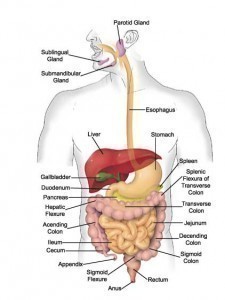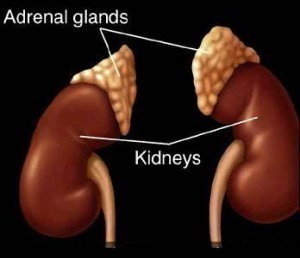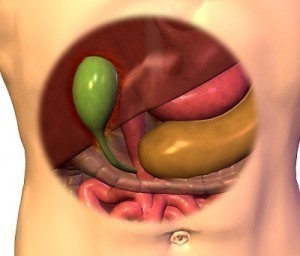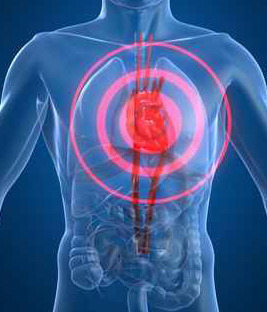Stomach Flu Symptoms
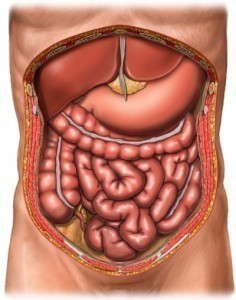 Also known as gastroenteritis and gastric flu, stomach flu refers to the illness in which a patient experiences inflammation as well as pain in the gastrointestinal tract. The early diagnosis of this disease is helpful to improve the quality of life of the patient. In order to prevent complications of the illness, patients should know the minor and major stomach flu symptoms. As soon as they experience the symptoms, it is best if they consult physicians to confirm if they are suffering from the medical condition. Consulting with medical experts is also necessary to know the effective and proper treatments for the illness.
Also known as gastroenteritis and gastric flu, stomach flu refers to the illness in which a patient experiences inflammation as well as pain in the gastrointestinal tract. The early diagnosis of this disease is helpful to improve the quality of life of the patient. In order to prevent complications of the illness, patients should know the minor and major stomach flu symptoms. As soon as they experience the symptoms, it is best if they consult physicians to confirm if they are suffering from the medical condition. Consulting with medical experts is also necessary to know the effective and proper treatments for the illness.
Stomach Flu Signs
Some of the signs of acute stomach flu are diarrhea, spasms and stomach pain, vomiting as well as loss of appetite. Aside from these, patients can suffer from nausea, constant headaches, abnormal flatulence, pain in the abdomen as well as abdominal cramps. Fainting, bloody stools as well as weakness are also associated with this health condition.
Parents can detect if their children are suffering from this disease if the children experience lack of sleep, have low fever as well as show signs of dehydration like having dry mucuous membranes. Other signs manifested in children with stomach flu are reduced skin turgor, sunken fontanelles and skin color discoloration.
Stomach Flu Diagnosis
Most physicians perform a thorough physical examination on patients exhibiting signs of the disease. To identify if the patient is suffering from the illness, physicians may ask questions about the medical history of the patient, recent trips and recent food and fluid intake. In some cases, health professionals may recommend patients to let medical technologists test their blood for Clostridum difficile. This test examines the presence of bacteria in the body like Campylobacter, salmonella, Shigella as well as Escherichia coli.
Stomach Flu Treatment
The most important thing to consider when treating or managing stomach flu is to replace all the fluids and electrolytes lost in the body of patients. To do this, patients should undergo an oral rehydration therapy recommended by physicians. Children with this medical condition are advised to take solid foods regularly. It is also important that they drink juices like apple juice to lessen the episodes of diarrhea. When it comes to medicines, physicians commonly prescribe patients with antimotility agents and antibiotics. Patients who want to try alternative medicines can drink fluids and supplements that are rich in zinc as well as probiotics since these are helpful to manage illnesses related to the gastrointestinal system.


